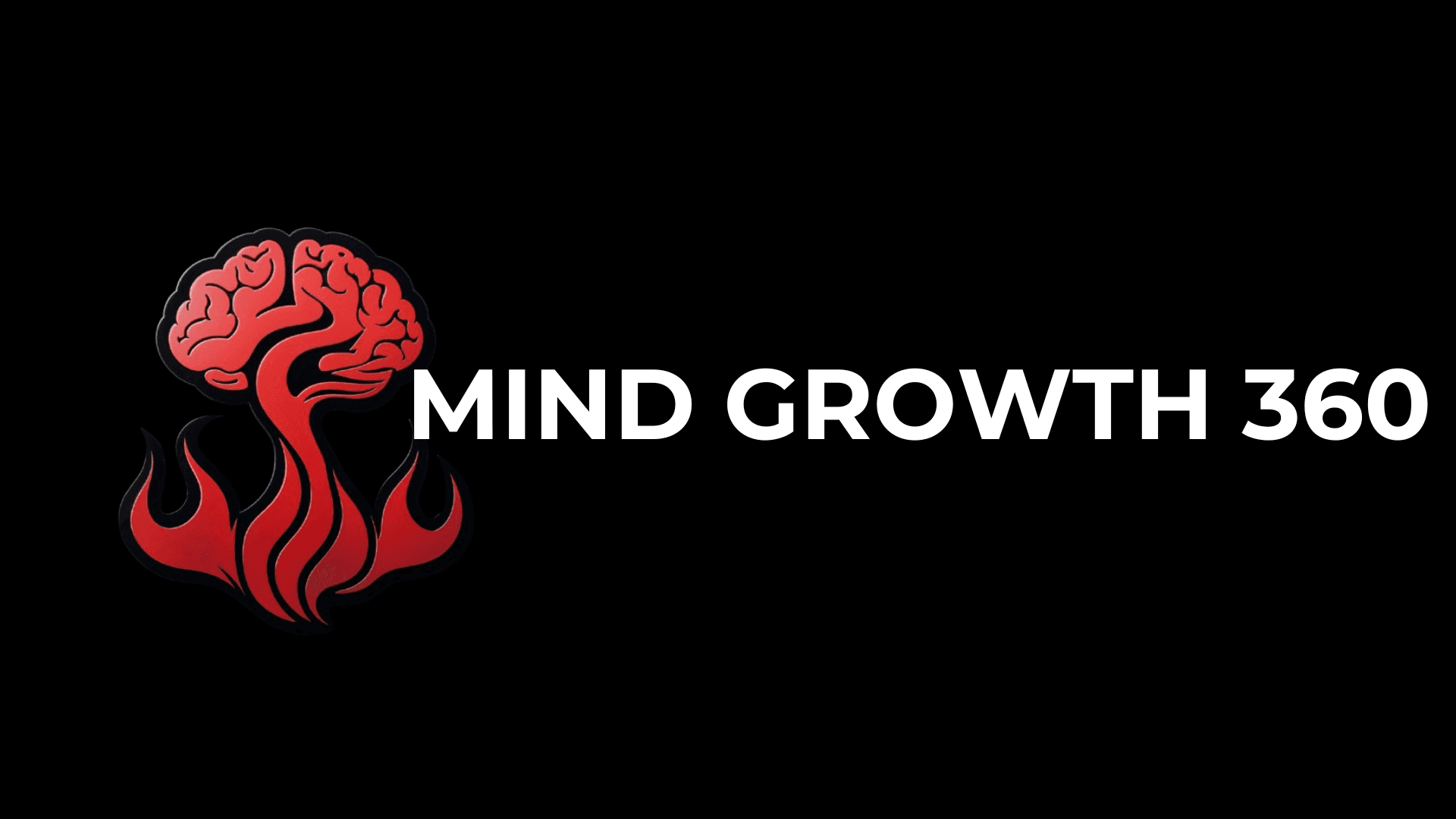Jun 25, 2024
Career transitions can be challenging and overwhelming for many professionals. Whether it's changing industries, seeking a promotion, or completely reinventing one's career path, navigating these transitions requires careful planning, self-reflection, and often, expert guidance. This is where career coaching plays a crucial role, providing personalized support and strategies to help clients successfully navigate career changes and achieve their professional goals.
The Role of Career Coaching
Career coaching is a specialized form of coaching that focuses on helping individuals make informed decisions about their careers and take actionable steps towards their professional aspirations. A career coach works closely with clients to:
1. Gain clarity on career goals and aspirations
2. Identify strengths, skills, and areas for development
3. Explore various career options and opportunities
4. Develop strategies for career advancement or transition
5. Build confidence and overcome obstacles
6. Create actionable plans for achieving career objectives
Unlike traditional career counseling, which often focuses on assessments and general advice, career coaching is a more personalized, action-oriented approach that empowers clients to take control of their professional lives.
Understanding Career Transitions
Career transitions come in many forms, including:
1. Changing industries or sectors
2. Moving from employee to entrepreneur
3. Seeking a promotion or leadership role
4. Returning to work after a career break
5. Transitioning to retirement or a second career
Each type of transition presents unique challenges and opportunities. A skilled career coach helps clients navigate these changes by providing tailored guidance and support throughout the process.The Career Coaching ProcessWhile every coach may have their own unique approach, the career coaching process typically involves several key steps:
1. Assessment and Self-Discovery
The coaching journey often begins with a thorough assessment of the client's current situation, skills, values, interests, and goals. This may involve formal assessments, such as personality tests or skills inventories, as well as in-depth discussions and self-reflection exercises.
2. Goal Setting
Based on the insights gained from the assessment phase, the coach and client work together to define clear, achievable career goals. These goals should be specific, measurable, attainable, relevant, and time-bound (SMART).
3. Exploring Options
With goals in place, the coach helps the client explore various career options and opportunities. This may involve researching different industries, job roles, or entrepreneurial ventures that align with the client's skills and interests.
4. Developing Strategies
The coach and client collaborate to develop strategies for achieving the identified career goals. This may include creating a personal brand, building a professional network, enhancing specific skills, or preparing for job interviews.
5. Action Planning
An essential part of career coaching is creating actionable plans that break down larger goals into manageable steps. The coach helps the client prioritize tasks and set realistic timelines for achieving their objectives.
6. Implementation and Support
As the client begins to implement their action plan, the coach provides ongoing support, accountability, and guidance. This may involve regular check-ins, troubleshooting challenges, and adjusting strategies as needed.
7. Evaluation and Adjustment
Throughout the coaching process, the coach and client regularly evaluate progress and make adjustments to the plan as necessary. This ensures that the client stays on track and adapts to any changes in their circumstances or goals.
Key Benefits of Career Coaching
Career coaching offers numerous benefits for individuals navigating career transitions:
1. Clarity and Focus: Coaching helps clients gain clarity on their career goals and develop a focused approach to achieving them.
2. Increased Self-Awareness: Through assessments and reflective exercises, clients gain a deeper understanding of their strengths, values, and motivations.
3. Confidence Building: Coaches provide support and encouragement, helping clients build confidence in their abilities and decisions.
4. Skill Development: Coaching often involves identifying and developing key skills necessary for career advancement or transition.
5. Accountability: Regular coaching sessions provide a structure for accountability, ensuring clients make progress towards their goals.
6. Expanded Perspectives: Coaches offer fresh perspectives and challenge clients to think beyond their current limitations.
7. Networking Strategies: Many coaches help clients develop effective networking strategies to build professional relationships and uncover new opportunities.
8. Personalized Support: Unlike generic career advice, coaching provides tailored guidance based on the individual's unique situation and goals.
Challenges in Career Coaching
While career coaching can be highly effective, it's not without its challenges:
1. Client Commitment: Success in coaching requires active participation and commitment from the client. Coaches must find ways to keep clients motivated and engaged.
2. Managing Expectations: Clients may have unrealistic expectations about the speed or ease of career transitions. Coaches need to help set realistic expectations while maintaining optimism.
3. Rapidly Changing Job Market: The job market is constantly evolving, requiring coaches to stay up-to-date with industry trends and emerging opportunities.
4. Overcoming Fear and Resistance: Many clients face fear and resistance when contemplating significant career changes. Coaches must help clients work through these emotional barriers.
5. Measuring Success: Defining and measuring success in career coaching can be challenging, as outcomes may be subjective or long-term.
The Future of Career Coaching
As the world of work continues to evolve, career coaching is likely to become increasingly important. Several trends are shaping the future of this field:
1. Technology Integration: Virtual coaching platforms, AI-powered assessment tools, and digital career resources are becoming more prevalent.
2. Focus on Soft Skills: With automation changing the nature of work, there's a growing emphasis on developing soft skills like emotional intelligence, adaptability, and creativity.
3. Holistic Approach: Many coaches are adopting a more holistic approach, considering work-life balance, personal fulfillment, and overall well-being in addition to career goals.
4. Specialization: As the job market becomes more complex, many coaches are specializing in specific industries, career stages, or types of transitions.
5. Emphasis on Continuous Learning: With the rapid pace of change in many industries, coaches are helping clients develop strategies for lifelong learning and skill development.
Conclusion
Career coaching plays a vital role in helping individuals navigate the complex and often challenging landscape of career transitions. By providing personalized guidance, support, and actionable strategies, career coaches empower their clients to make informed decisions, overcome obstacles, and achieve their professional goals.
As the world of work continues to evolve, the need for skilled career coaches will likely grow. These professionals will play an increasingly important role in helping individuals adapt to changing job markets, develop crucial skills, and find fulfillment in their careers.
For those considering a career transition or seeking to advance in their current field, working with a career coach can provide the structure, support, and expertise needed to successfully navigate these changes. By investing in career coaching, individuals can gain the clarity, confidence, and strategies necessary to thrive in today's dynamic professional landscape.





